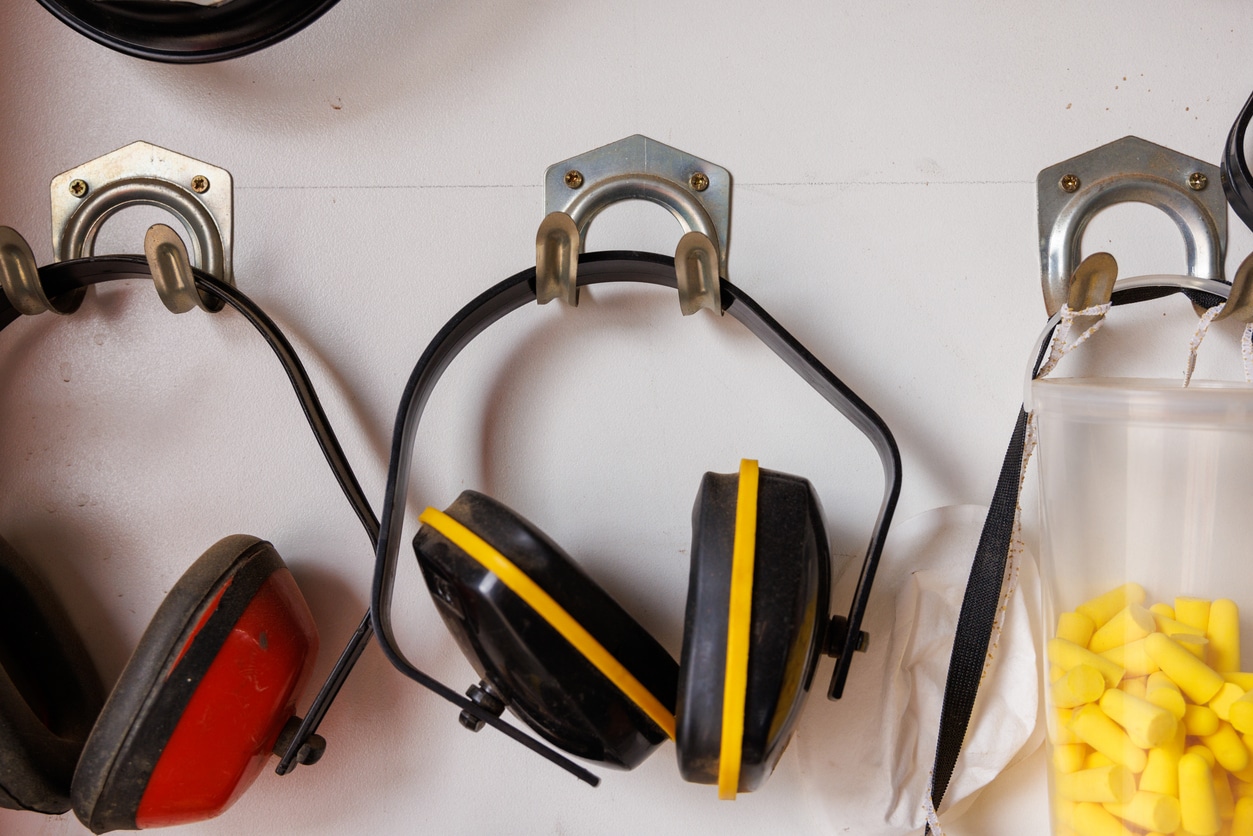Hearing loss impacts more than 10% of the United States population. Many people see hearing loss as a one-time event, but that isn’t the case at all. Your hearing loss can grow from mild to profound over time, underscoring the need for hearing protection.
It’s never too late to start protecting your hearing for the best possible quality of life. Let’s examine why hearing protection still matters and some practical tips to help you preserve the hearing you have left.
The Importance of Protecting Your Hearing

Even with hearing loss, protecting the hearing you still have is essential. Your hearing aids collect and amplify external noise and deliver it directly into the ear. For this process to effectively improve communication, you need to have enough residual hearing to understand the amplified sound.
Not only can protecting your remaining hearing allow your hearing aids to do their job, but it can also minimize your risk of progressing tinnitus (a ringing in the ears often caused by hearing loss) and potentially slow hearing loss-related cognitive decline.
Practical Tips for Hearing Protection
Regular audiology check-ups, lowering the volume on your audio devices and wearing hearing protection equipment are three great ways to protect your hearing health.
Regular Audiology Check-ups
Schedule routine visits with your audiologist. They can perform hearing tests to establish baseline hearing levels and monitor changes over time. If your hearing worsens, your audiologist can offer protection advice and adjust your hearing aids as needed.
Lower the Volume
Repeated or prolonged exposure to sounds above 85 decibels can lead to noise-induced hearing loss. Reducing the volume on your radio, TV or cell phone is an excellent way to minimize exposure to loud noise. If you struggle to keep the volume down, consider setting decibel limits on your phone or TV.
Use Earmuffs or Earplugs
You can’t always control the volume around you. When that’s the case, earmuffs and earplugs are practical tools for reducing the impact of loud noises on your ears. Keep a pair of earplugs handy in your bag, wallet or car to ensure you’re prepared for noisy environments, like concerts at the Lensic Performing Arts Center or action-packed movies. If your job involves working with heavy machinery, ask your employer to provide earmuffs.
Remember, hearing loss doesn’t mean you forego hearing protection. By taking a few preventative measures, you can protect your remaining hearing for years to come. For more information on hearing health, contact Southwestern Hearing & Balance to schedule an appointment with one of our trusted specialists.
